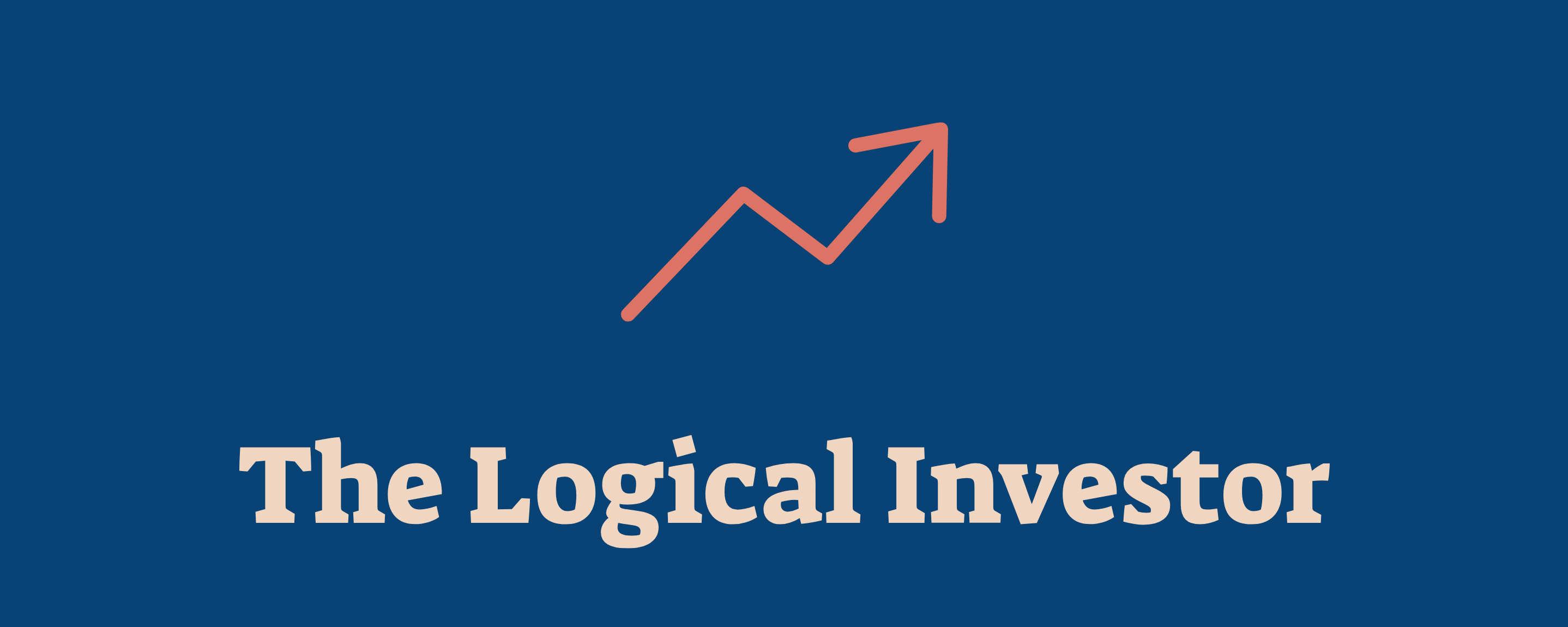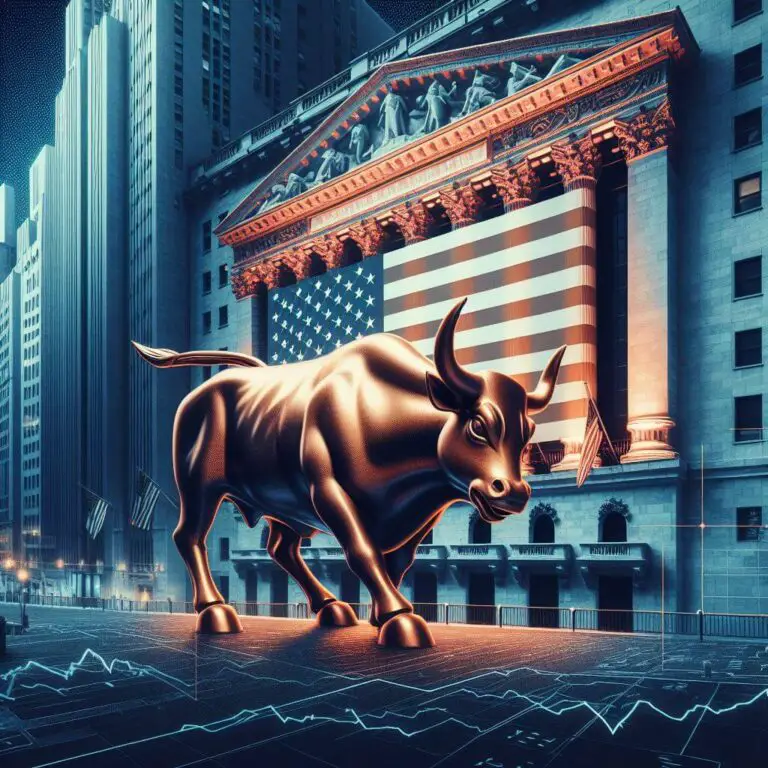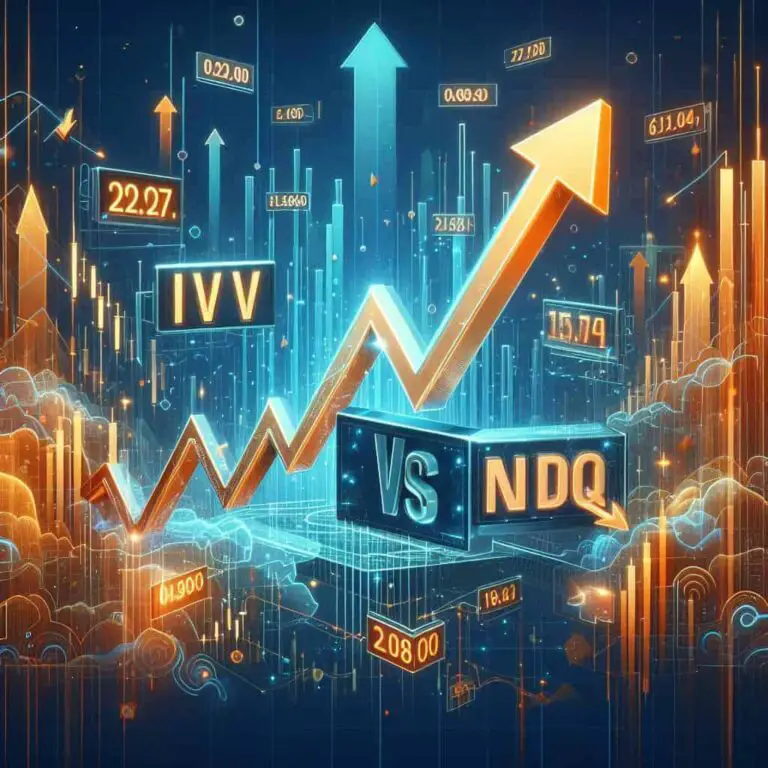ETHI vs. NDQ: Who Is The Best Long Term Performer?
Last Updated on 12 March 2024 by Ryan Oldnall
Ever heard of ethical investing? In investment circles, it’s often referred to as ESG Investing, which stands for Environmental, Social, and Governance. This modern approach to investing has gained popularity as people become more ethically conscious about where they invest their money.
Ethical investing varies based on the underlying ethos or mandate of the ETF. For example, the Global Sustainability Leaders ETF, ETHI, focuses on organizations identified as “climate leaders.”
In this article, we’ll compare ETHI against the powerhouse Betashares’ Nasdaq 100 ETF, NDQ, which saw a remarkable performance in 2023, driven by technology companies like Apple, Nvidia, and Microsoft.
To conduct our analysis, we’ll utilize data from Yahoo Finance and Morningstar to break down each ETF and help you determine if ethical investing is right for you[1][2].
ETHI ETF Review
Pros
Cons
BetaShares, the parent company of ETHI and NDQ, manages approximately 1 million investments and has $35 billion in assets under management, offering 95 ETFs in the Australian ETF market [3].
BetaShares owns a number of well-recognized ETFs such as the Australia 200 ETF, A200, and the ‘all-in-one’ ETF Diversified All Growth ETF, DHHF.
ETHI invests in companies demonstrating leadership in promoting positive climate actions. These companies undergo thorough screening based on a comprehensive set of Environmental, Social, and Governance (ESG) criteria [4].
Maintaining a diversified portfolio comprising large, sustainable, and ethically-driven companies from diverse global regions is a priority for ETHI. The ETF currently holds approximately 203 holdings from across the globe.
Furthermore, ETHI aims to mirror the performance of the Nasdaq Future Global Sustainability Leaders Index (before fees and expenses).
This index includes companies that have successfully passed screening processes, excluding those with direct or significant involvement in fossil fuels or activities inconsistent with responsible investment principles.
ETHI currently has approximately $3 billion worth of assets under management, making it one of the larger BetaShares ETFs.
NDQ ETF Review
Pros
Cons
NDQ is also owned by BetaShares and is one of its flagship ETFs, with a current $4.2 billion worth of assets under management.
As an ETF tracking the Nasdaq 100, NDQ is favored by investors looking to leverage the growth potential of the index. It seeks to mirror the performance of the Nasdaq 100 Index, offering direct exposure to the market movements of prominent technology companies.
The Nasdaq 100 Index consists of 100 of the most impactful non-financial companies listed on the Nasdaq, featuring tech giants like Amazon, Microsoft, Apple, and Google (Alphabet).

ETHI vs NDQ Management Expense Ratio (ETF Management Fees)
When evaluating the ETF management fees of both ETHI and NDQ, they are positioned at the higher end of the spectrum. Currently, ETHI‘s management expense ratio stands at 0.59%, which means that for every $10,000 invested in ETHI, investors would incur $59 in fees.
Similarly, NDQ has a slightly lower cost at 0.48%, amounting to $48 in fees for every $10,000 invested in NDQ. In a previous article, I’ve explored the ETFs with the lowest management fees available in Australia.
ETHI vs NDQ – Performance Chart

ETHI vs NDQ – Annualised Returns

When reviewing the performances of both ETHI and NDQ, NDQ emerges as the clear top performer, largely attributed to its outstanding performance in 2023, which has sustained its overall annualized return.
When comparing the statistical analysis of two ETFs, NDQ and ETHI, it’s evident that NDQ has outperformed ETHI over multiple time periods
NDQ:
- YTD (Year to Date): 5.12%
- 1-Year: 51.32%
- 3-Year: 15.65%
- 5-Year: 22.59%
ETHI:
- YTD (Year to Date): 6.76%
- 1-Year: 28.03%
- 3-Year: 13.66%
- 5-Year: 18.93%
Short-Term Performance (YTD): ETHI has shown slightly better performance year-to-date compared to NDQ, with 6.76% against NDQ‘s 5.12%.
1-Year Performance: NDQ has an impressive 1-year return of 51.32%, significantly surpassing ETHI‘s return of 28.03%. This substantial difference in performance over just one year highlights NDQ‘s ability to generate higher returns for investors due to the underlying holdings concentrated in the NASDAQ 100.
3-Year Performance: Over a 3-year period, NDQ maintains its superiority in performance compared to ETHI. NDQ‘s 3-year annualized return of 15.65% outpaces ETHI‘s return of 13.66%.
5-Year Performance: Similarly, when evaluating performance over a 5-year period, NDQ continues to demonstrate higher returns relative to ETHI. NDQ‘s 5-year annualized return of 22.59% exceeds ETHI‘s return of 18.93%.
NDQ‘s 5-year annualized return was 3.66% higher than that of ETHI on average each year over 5 years, demonstrating a very decent longer-term performance.
In a recent review of ASX performance data, NDQ was found to be the best-performing ETF on average over a 5-year period.
ETHI Top 10 Holdings

When examining the top 10 holdings, they are markedly different from those of NDQ and many other ETFs we have previously reviewed, such as VGS, IVV, VAS, A200, NDIA, and IIND.
ETHI distinguishes itself with its ESG focus, investing solely in climate leaders, which would excludes major ASX players like BHP, Fortescue, and Rio Tinto.
NVIDIA is the top holding of ETHI by a significant margin, with 7.56% invested. Similarly, Visa holds 4.10%, while Apple and Mastercard have 3.78% and 3.64% respectively. Interestingly, Toyota and Salesforce hold 2.97% and 2.16% respectively as non-American companies.
While many of the names are recognizable as American companies, with the exception of Toyota (Japan) and ASML Holding (Netherlands), the variety and diversity differ from the levels of concentration seen in previous ETF reviews.
As usual, to demonstrate individual ownership percentages for the underlying stocks: for every $1000 invested in ETHI, you essentially possess $75.60 worth of Nvidia, $41.00 of Visa, and $36.40 of Mastercard.
NDQ Top 10 Holdings

In what has become a consistently familiar lineup of instantly recognizable names, NDQ invests in all the major companies one would anticipate finding listed on the NASDAQ.
Investing in NDQ grants you shares in the biggest global tech companies like Microsoft, Apple, Nvidia, and Meta. Microsoft comprises 8.96%, while Apple sits at 8.68%, Nvidia at 4.65%, and Meta (Facebook) at 4.16%.
In real dollar terms, for every $1000 invested in NDQ, you would own $89.60 worth of Microsoft, $86.80 of Apple, $46.50 of Nvidia, and $41.60 of Meta.
ETHI vs NDQ Top 10 Holdings As A Total Percentage Of ETF

When comparing the concentration of the top 10 holdings as a percentage of the overall ETF, it’s evident that NDQ has a much higher weighting. In total, the top 10 holdings of NDQ make up 45.75% of the total ETF.
This is significantly more than ETHI, which only has 33.88% of its ETF comprised of the top 10 companies.
While the top holdings of NDQ represent just under 50% of the total ETF, it’s also worth noting that ETHI has double the number of holdings compared to NDQ.
NDQ invests in the top 100 companies of the NASDAQ index, while ETHI invests in 200 global companies.
NDQ vs ETHI Market Cap

When examining the market capitalization of each ETF, they are somewhat similar, considering that both invest in the biggest and brightest companies within their respective indexes.
In the case of ETHI, this translates to 48.18% of its ETF being comprised of giant companies, while NDQ‘s percentage is slightly higher at 51.68%. Both NDQ and ETHI are similar when it comes to large-cap companies, at 37.05% and 36.09% respectively.
NDQ includes 10.62% in mid-cap companies, whereas ETHI has a higher composition at 15.60%, with a very minor 0.11% in small-cap companies.
Summary – ETHI vs NDQ: Is Ethical Investing Worth Considering?
Comparing ETHI and NDQ is challenging due to their fundamentally different mandates and approaches. However, ETHI‘s approach and overall performance are quite refreshing.
Ethical investing is often viewed as inferior in terms of profit generation, given investors capitalist mindset of maximizing returns. Nonetheless, ETHI has demonstrated a commendable track record of delivering growth as seen its annualized returns.
When considering NDQ versus ETHI, your choice largely hinges on your personal investment objectives and the importance you place on ESG factors.
NDQ has consistently delivered strong performances over the medium to long term, while ETHI has also shown impressive results by incorporating an ESG investing approach.
Therefore if you prioritise ethical considerations, especially when it comes to global warming, ETHI could be an excellent option, given its ethical mandate and outstanding performance track record.
This article does not serve as an endorsement or recommendation for products mentioned in the article. The information presented here is based on referenced sources and is accurate as of the date of 24 February 2024. Please note that these articles are written sometime before their publication date.
The information provided in this content is for informational purposes only and should not be considered as financial, investment, or professional advice. We recommend consulting with a qualified expert or conducting your own research before making any financial decisions.
The accuracy, completeness, or reliability of the information cannot be guaranteed, and the provider shall not be held responsible for any actions taken based on the information contained in this content.
References
- https://au.finance.yahoo.com/
- https://www.morningstar.com.au/
- https://www.betashares.com.au/
- https://www.betashares.com.au/fund/global-sustainability-leaders-etf/
- https://www.betashares.com.au/fund/nasdaq-100-etf/
- IVV vs VGS: Which ETF Delivers Better Returns?
- NVIDIA’s Market Value Plummets: $418 Billion Lost Since July Peak Amid 9.76% Weekly Share Price Drop
- Is CrowdStrike Stock a Good Buy Following the Recent Outage?
- VGS vs QUAL: The Best Diversification ETF vs Quality Index
- NDQ vs FANG: Which Tech ETF Is Right For You?







